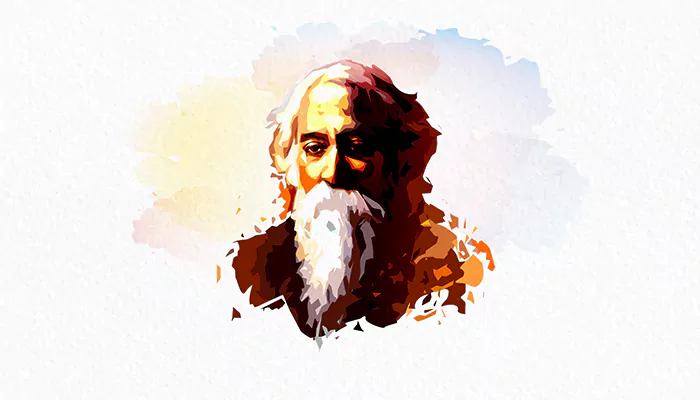Major Restoration Fiction writers that you shouldn’t miss

After Oliver Cromwell, the political and military leader, the Commonwealth period came to an end. At that particular time around 1660 King Charles the Second ascended the throne of England. With this began the Restoration era. With the arrival of Charles, the second and his ministers, the entire scenario of England changed, the theater houses were reopened and there was no moral sense in the aristocratic lifestyle. Dramas were well acknowledged but they were also morally degraded. But, this period is not only famous for their comedy of manners but also for the few fiction writers and their creations. In this article, we’ll focus on the major fiction writers of this period. So, let’s look into them –
John Bunyan, a writer and a puritan preacher
When the civil war between Puritans and Cavaliers happened, Bunyan joined the Parliamentarian army. He was deeply involved in religious writings and sentiments; therefore, he wrote to spread the words of God. One of his major works is called The Pilgrim's Progress from This World to That Which Is to Come.He wrote this fiction when he was in prison after he was arrested due to his puritan thoughts. In the era of Charles, the second, having puritan beliefs was not allowed, therefore he was put into prison. In the first part, this fiction presents the journey of the protagonist, Christian to the pilgrimage. In the second part the journey of Christian’s wife, his two sons and maid to the celestial city is presented in this fiction. Bunyan’s other important fictions are The Life and Death of Mr. Badman and Grace Abounding.
Aphra Behn, the first woman spy
She was considered the first successful English fiction writer and was appointed as a spy of King Charles the second. One of her major works in fiction is Oroonoko or The Royal Slave. This is basically a story within a story where Oroonoko is the protagonist, who is actually the grandson of an African king. Eventually he and his grandfather fall for the same woman, named Imoinda. Primarily they were separated but as the story progressed, they were reunited as the slaves named Caesar and Clemente. They fought for freedom but failed and because of hopelessness Oroonoko kills Imoinda and his unborn baby. He wanted to commit suicide but later he was captured and executed. Her other works include Love Letters Between Nobleman and His Sister, The History of Nun and others.
Undoubtedly, in the time of immorality in the comedy of manners, their contribution in the Restoration literature is based on morality and ethics.











